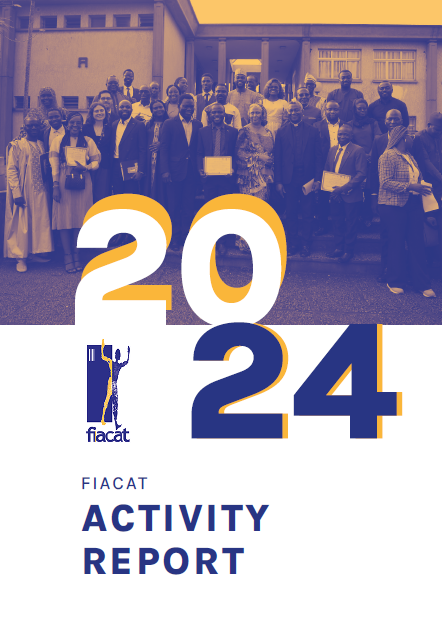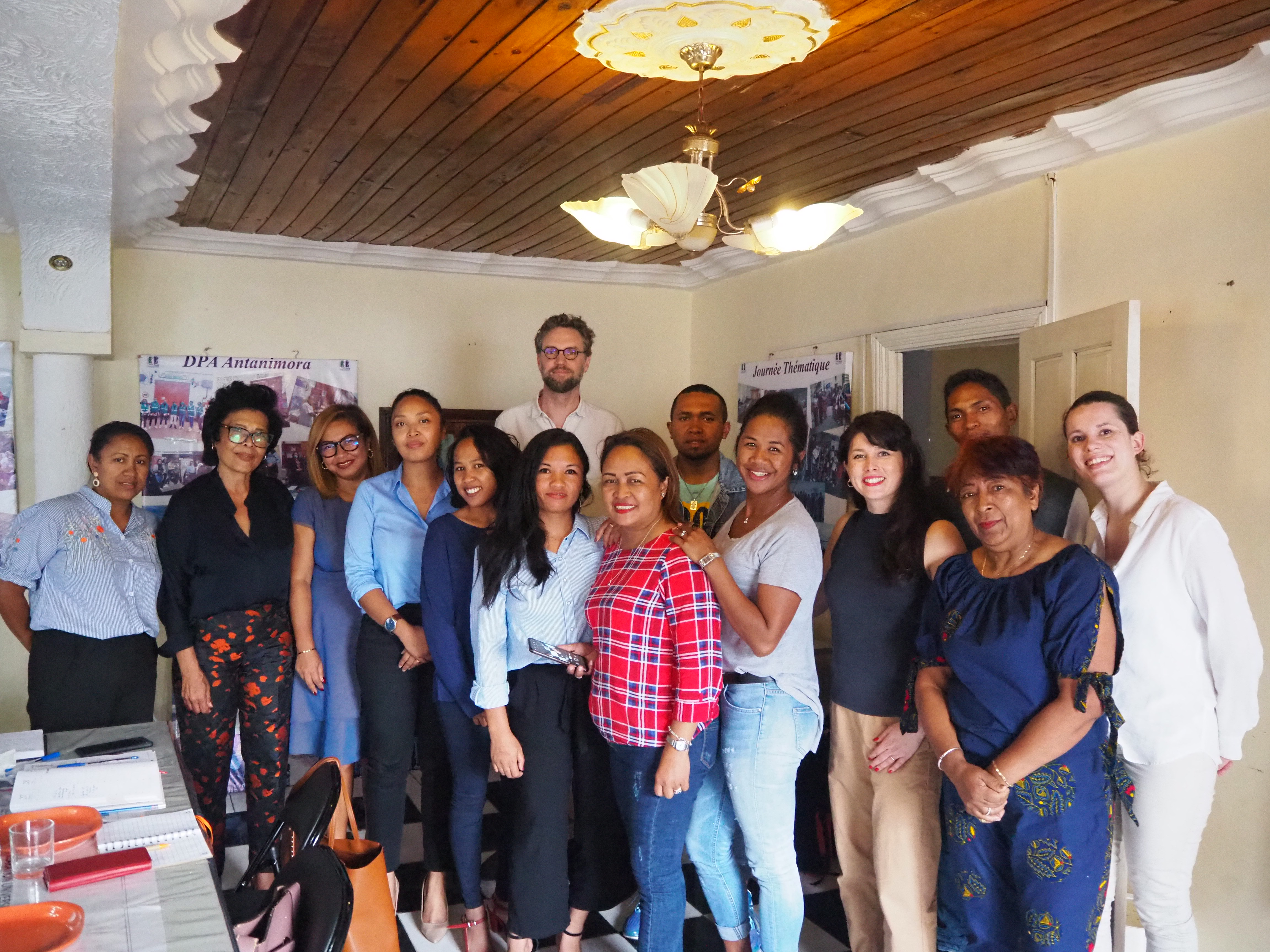

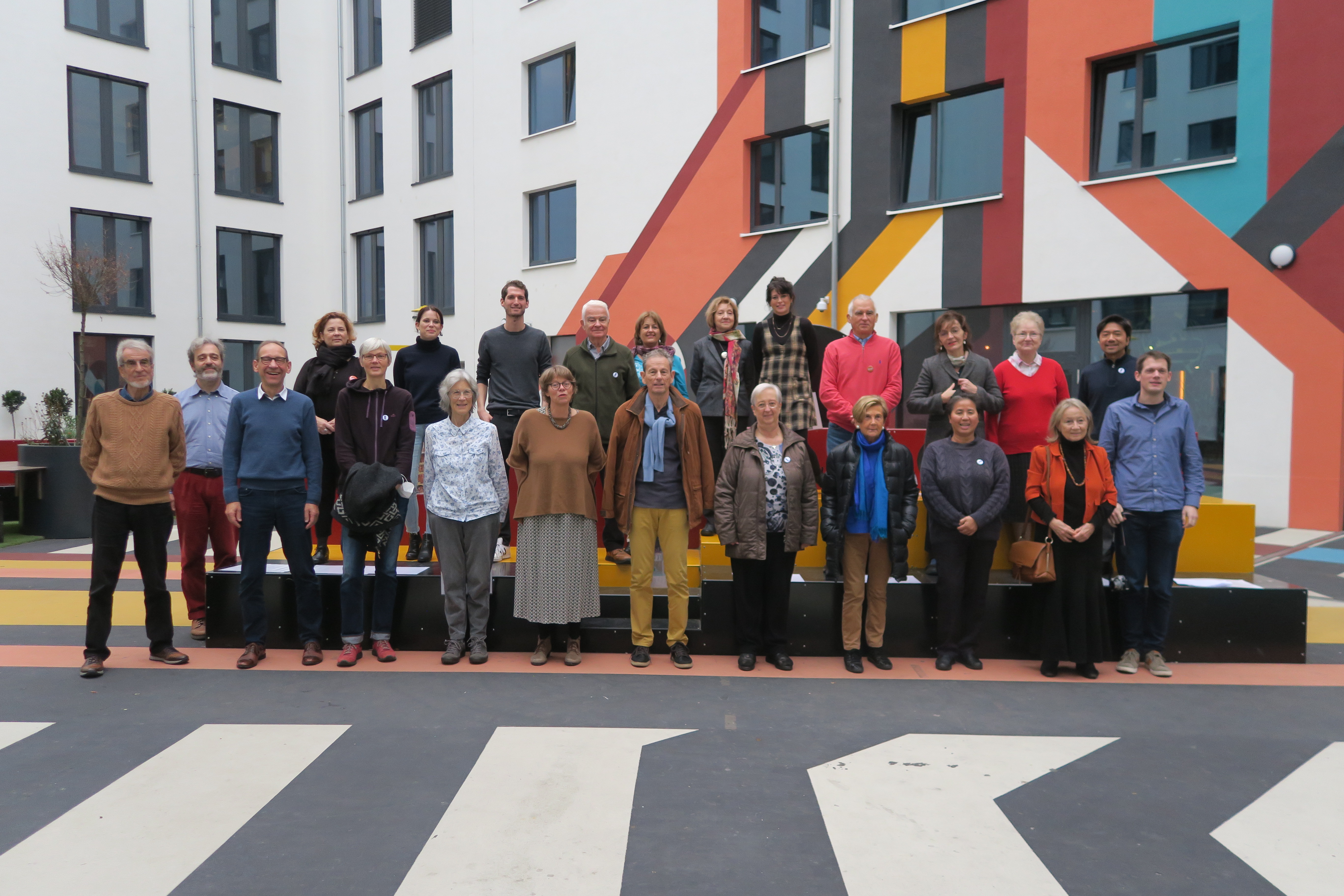
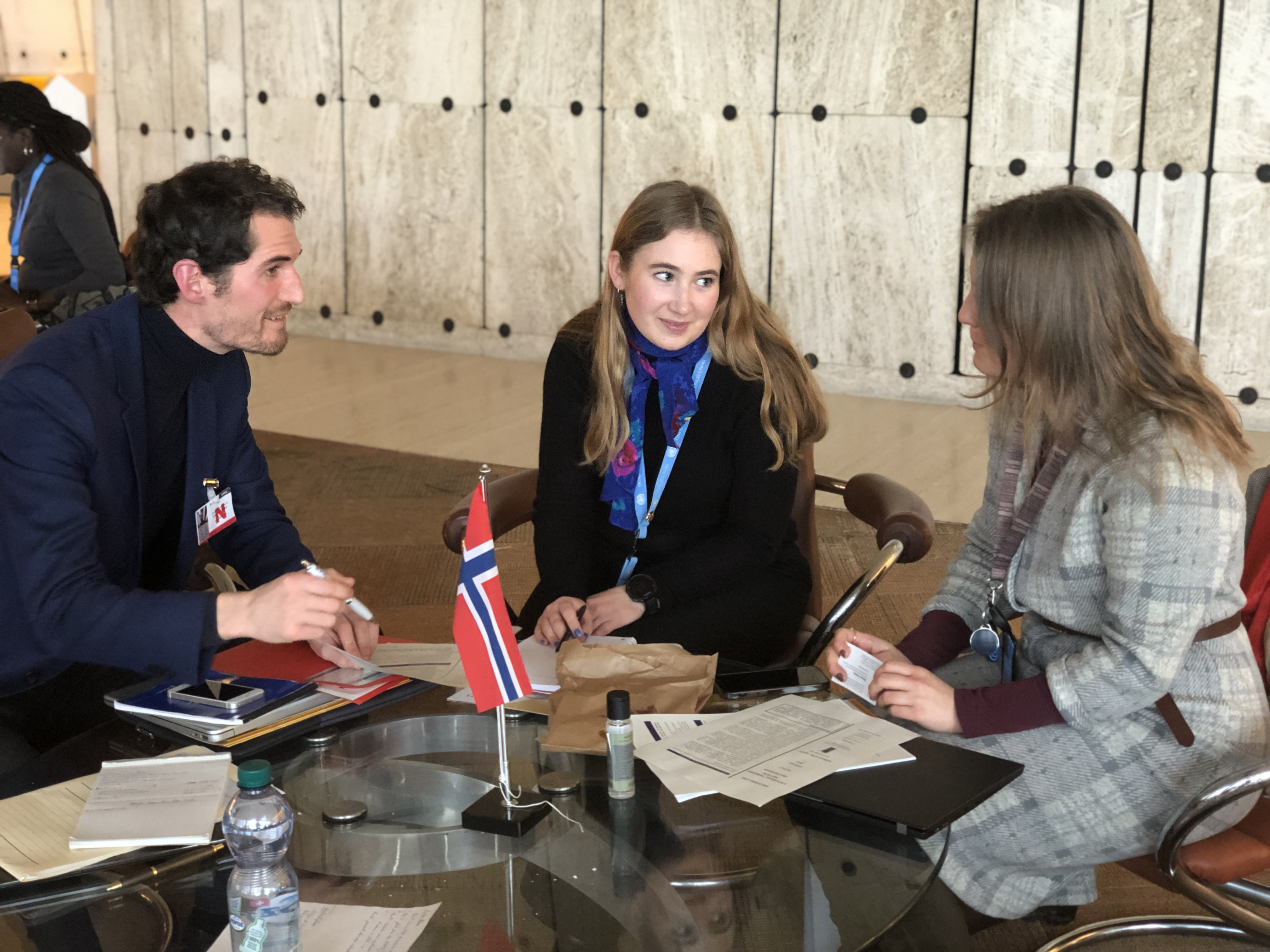
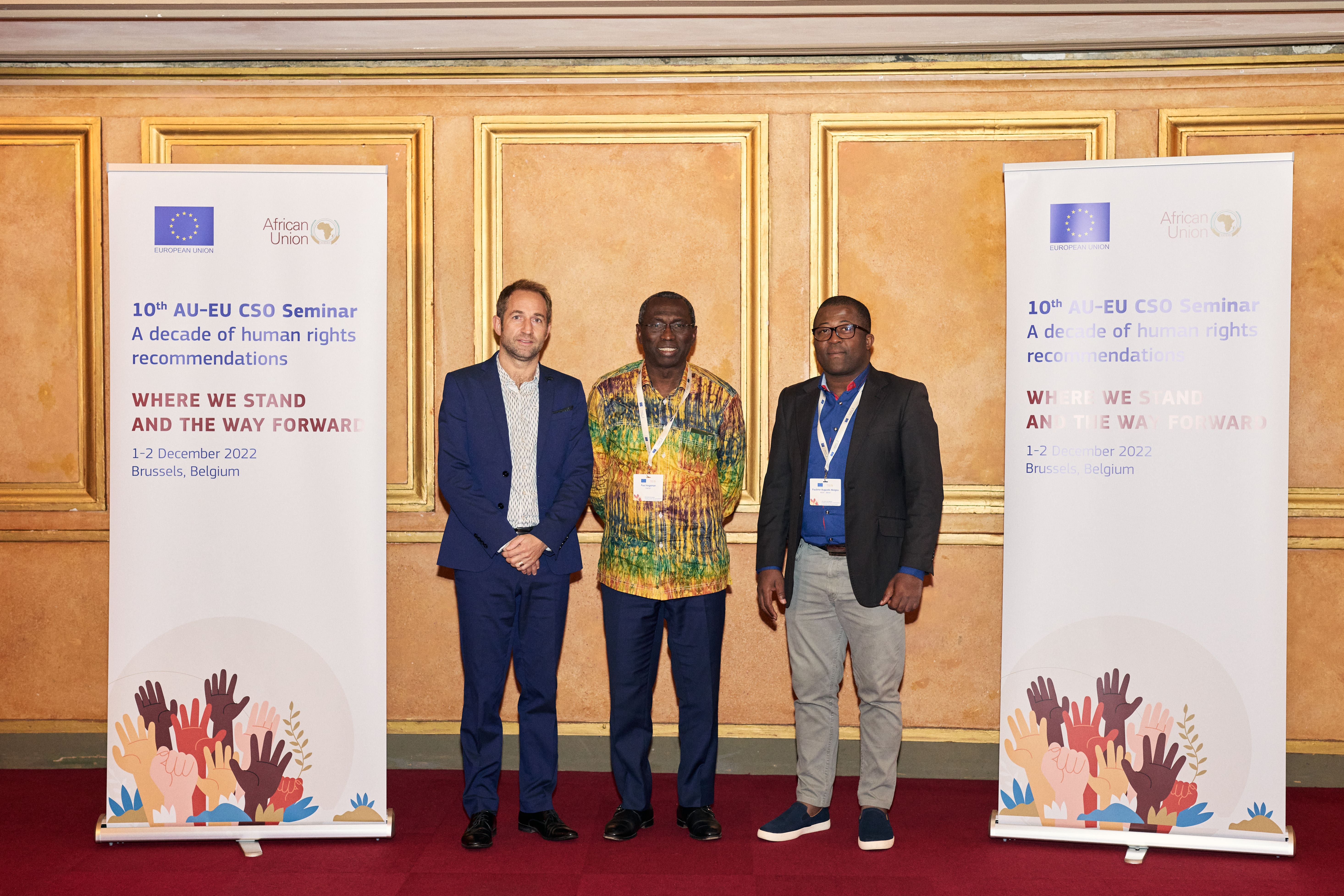

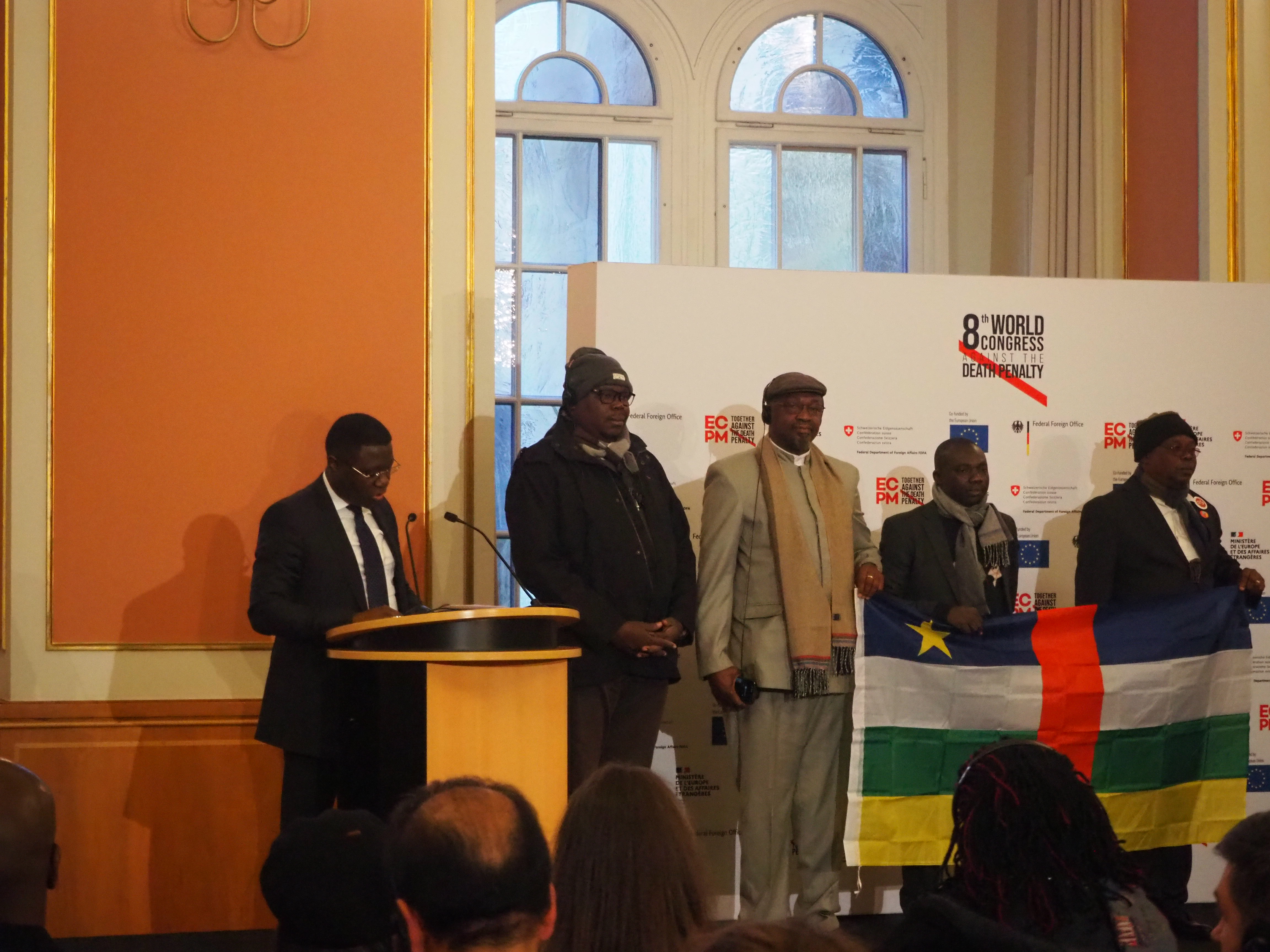
 |
Affiliated ACATs |
 |
ACATs in process of affiliation |
 |
Accompanied Groups |
Durée de conservation des données Les données sont stockées chez l'hébergeur du site, dont les coordonnées figurent dans les Mentions Légales du site, et sont conservées pour la durée strictement nécessaire à la réalisation des finalités visées ci-avant. Au-delà de cette durée, elles seront conservées à des fins exclusivement statistiques et ne donneront lieu à aucune exploitation, de quelque nature que ce soit.
Rue Brogniez, 44
B-1070 Brussels – Belgium
Tel. : +32 4 70 92 85 10
Email : fiacat.europe@fiacat.org
96 boulevard de la Libération
94300 Vincennes – France
Tel. : +33 (0)1 58 64 10 47
Email : fiacat@fiacat.org
c/o CCIG, 1 rue de Varembé
1202 Geneva – Switzerland
Tel. : +41 787 499 328
Email : fiacat.onu@fiacat.org

